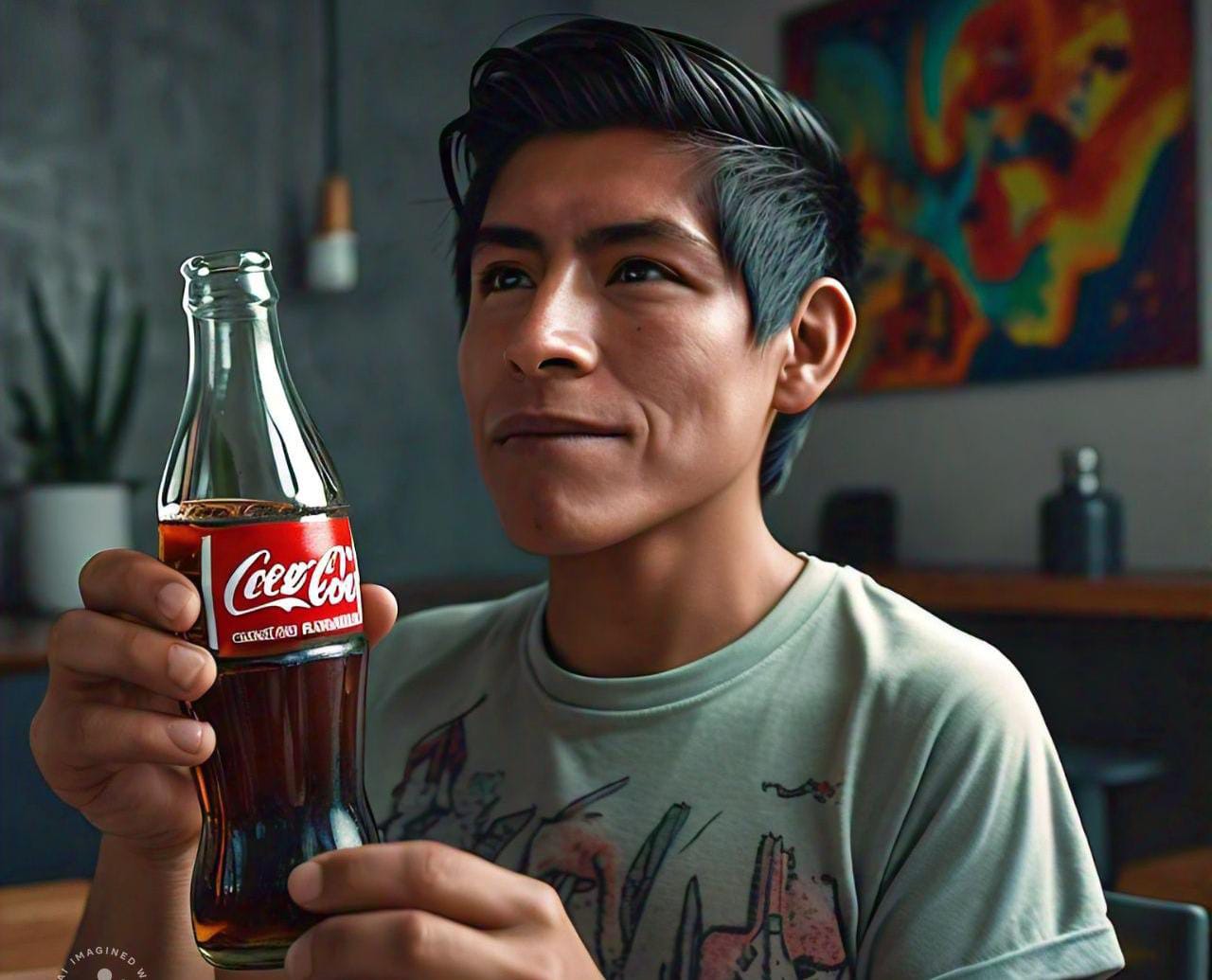
The most unpleasant side of the Super Bowl: Is the king of sporting events as "Latino" as they claim?
It was an epic game for many reasons, but the biggest one remains in the skin and flesh of the Super Bowl, and it's not pleasant. The key is in the guacamole.
It's no secret that the National Football League (NFL) has spent the last year trying to reach out to its Latino fans, who make up 30 million of the more than 98 million viewers who followed yesterday's Super Bowl. And the number of fans keeps growing, even across border in Mexico.
That's why seeing two great Latina divas like Jlo and Shakira raising the Hard Rock Stadium in Miami to the beat of salsa and cumbia — something that hadn't happened in the game's 54-year history — was one of those things they call "for hitting piñatas." It was an "epic" moment, with the Tigres del Norte also thundering at halftime and the crowds jumping in the stands or at home.
Also glorious was the Kansas City Chiefs' victory over the San Francisco 49ers, who won their second title in half a century. Although in Miami, where seven out of ten people are Hispanic, they would have preferred glory for the latter.
However, there's something even more epic than all that... Something that dyed the festivities a muted green, with a smooth texture and that goes very well with watching football. It's guacamole, the most popular Mexican dip in the world, which broke records during the Super Bowl.
Up to 140,000 tons of avocado were exported from Mexico to the United States to be consumed during "the big game," a figure that, according to the Mexican Secretary of Rural Development, Rubén Medina Niño, exceeded last year's consumption by 20,000 tons and is expected to continue growing.
However, what seems to be a point in favor of the "latinidad" of the Superbowl and, by extension, of Mexican culture, also hides an indigestible.
Although avocado sales generate some $2.5 billion dollars annually in Mexico, the violence and devastation are hidden like core under its skin and its juicy pulp. Especially in the state of Michoacán, where 77% of the country's avocado is grown and which has grown into a very profitable business for the drug cartels.
Mafia clans such as the Cartel Jalisco Nueva Generación, the Nueva Familia Michoacana or the Cartel of Tepaltepec dispute the avocado black market, causing waves of deaths, kidnappings, and extortion on the agricultural producers. Every day four trucks, yes, trucks that were supposed to cross the border into the United States, are stolen by the cartels. And it is common to find transporters or farmers dismembered and hung from a bridge or shot on the roads along with the environmentalists that stand in their way.
Up to 140,000 tons of avocados were exported from Mexico to the United States for consumption during the Super Bowl.
It is a war without quarter that Mexico has been trying to end since the fight against drug trafficking began in 2006. But instead of reducing the number of cartels, it has multiplied and even "diversified" them.
RELATED CONTENT
In the municipality of Uruapan, the avocado industry capital of the Michoacan, the miserable laminated-roofed houses contrast with the millionaire guacamole commercials of the Super Bowl. The gunmen demand "mordidas" from the farmers and they either pay the fees, which range from 25,000 to 100,000 dollars a month, or they take their crops. Or worse, they are wiped out.
Not only is drug trafficking endemic in the region, but more than half of Uruapan's population lives in poverty.
The avocado industry remains faithful to the system despite being located in the high hills: Last November, according to El País, the business chain was stopped due to protests by the producers. The "jornaleros" work for subcontractors and earn about $30 for five hours harvesting. Meanwhile, things are no better at the commercial companies: During the Superbowl, they must cut, peel, clean and store avocados up to 10 hours for $130 a week.
Since the business is so profitable, the poaching of avocados is causing the deforestation of thousands of hectares of pine and oak forest, according to official data.
Some producers, reports the BBC, even set fires in Michoacan's forests in order to plant trees. Others cut down the pines or dry out the existing trees to justify their removal.
The result, according to the National Institute of Forestry, Agricultural and Livestock Research (INIFAP), is devastating: between 600 and 1,000 hectares of forest are lost each year. The illegal cultivation of takes up around 20,000 hectares.
Can there be racial and cultural pride without asking too many questions? The answer is yes. As long as we know them, maybe the touchdowns won't be so celebrated and the guacamole won't taste so good.











LEAVE A COMMENT:
Join the discussion! Leave a comment.